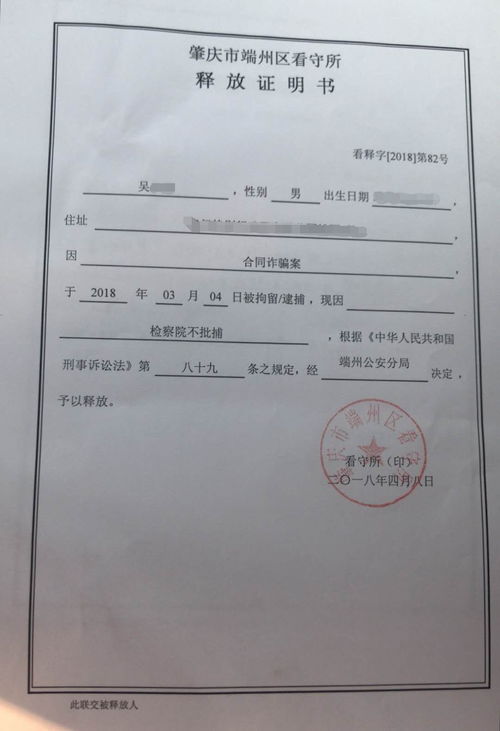Understanding Legal English as Applied Language
Legal English is indeed a form of applied language, primarily used within the legal profession and the administration of justice. It encompasses a specialized vocabulary, syntax, and style that facilitate clear communication within legal contexts. Let's delve deeper into why legal English is considered applied language and its significance:
1. Precision and Specificity:
Legal documents, such as contracts, statutes, and court opinions, require precise language to convey exact meanings and intentions. Legal English is characterized by its specificity, with terms and phrases often carrying precise legal definitions and implications. For example, terms like "tort," "breach of contract," and "beyond a reasonable doubt" have welldefined legal meanings.
2. Formality and Structure:
Legal English maintains a formal tone and follows specific structural conventions to ensure clarity and consistency. Legal documents typically adhere to established formats, with standardized headings, numbering, and phrasing. This formality helps convey authority and seriousness, essential for legal agreements and proceedings.
3. CrossCultural Communication:
Legal English serves as a lingua franca in international legal contexts, facilitating communication between legal professionals from different linguistic and cultural backgrounds. Many international treaties, contracts, and legal agreements are drafted and negotiated in English, highlighting its role as a language of diplomacy and commerce.

4. Interpretation and Application:
Legal English is not merely about understanding the text but also interpreting and applying its provisions accurately. Legal professionals must analyze statutes, case law, and contractual language to determine rights, obligations, and potential legal consequences. This requires not only linguistic proficiency but also a deep understanding of legal principles and precedent.
5. Legal Drafting and Advocacy:
Lawyers and legal scholars utilize legal English for drafting legal instruments, such as contracts, pleadings, and briefs, as well as for oral advocacy in courtrooms and other legal settings. Effective legal drafting requires mastery of language to ensure that documents accurately reflect the parties' intentions and withstand legal scrutiny.
6. Legal Research and Writing:
Legal English is integral to conducting research and writing in the field of law. Legal scholars produce academic articles, case analyses, and commentary using precise language and citation methods unique to the legal profession. Understanding legal terminology and conventions is essential for producing credible and authoritative legal scholarship.
7. Interpretation Challenges:
Legal English can pose challenges for nonnative speakers and even native speakers unfamiliar with legal terminology. The language's complexity, coupled with its reliance on archaic Latin phrases and legal jargon, can hinder comprehension for those without legal training or experience.
In conclusion, legal English serves as a practical tool for the formulation, interpretation, and application of legal principles and documents. Its status as applied language underscores its crucial role in facilitating communication, promoting legal certainty, and ensuring justice within diverse legal systems. Whether drafting contracts, arguing cases in court, or conducting legal research, proficiency in legal English is essential for navigating the complexities of the law.











